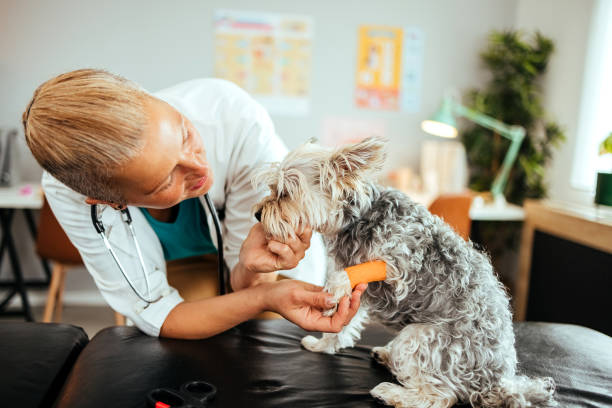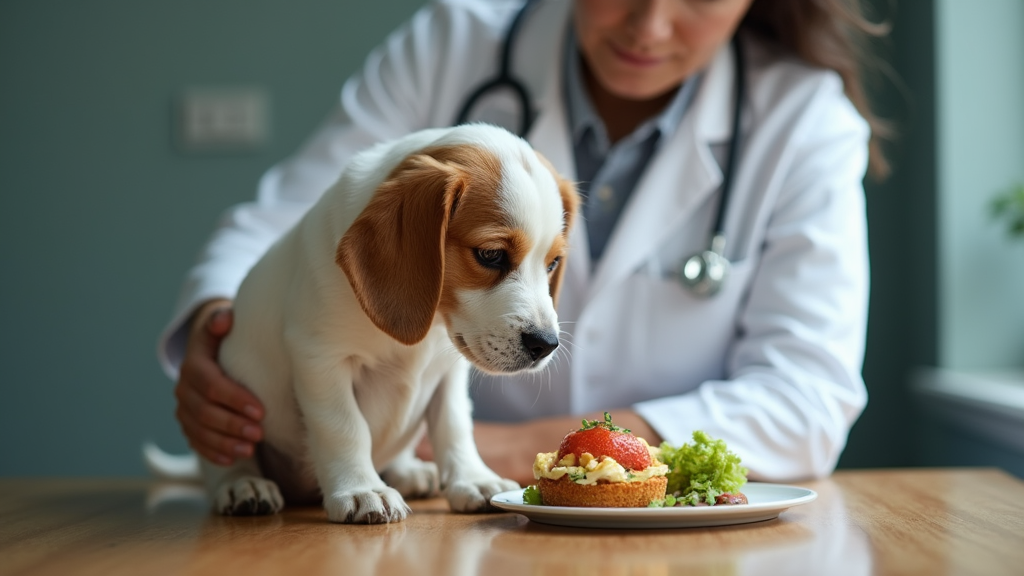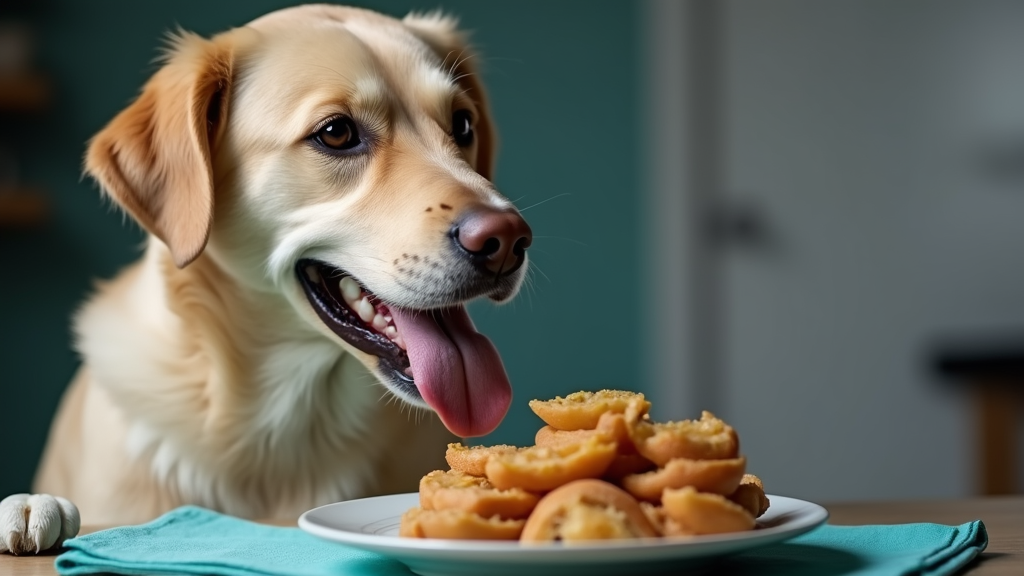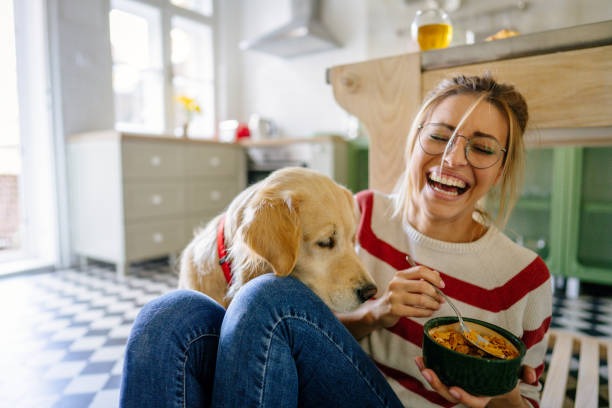🚫🍽️ Ever caught yourself slipping a tasty morsel from your plate to your furry friend under the table? Stop right there! While sharing is caring, when it comes to our canine companions, that seemingly innocent act of love could be a recipe for disaster.
As pet owners, we want nothing but the best for our four-legged family members. Yet, many of us are unknowingly putting our dogs at risk every day by feeding them foods that are toxic to their systems. The consequences can range from mild discomfort to severe health issues – or worse. But don’t panic! With the right knowledge, you can keep your pup safe and healthy.
In this post, we’ll explore why you shouldn’t give your dog people-food and share insights from happy pet owners who’ve learned this lesson the hard way. Get ready to discover how to show your love for your furry friend in ways that won’t compromise their health. Let’s dive in and ensure your dog stays tail-waggingly healthy! 🐾💖
Advertisement
Why shouldn’t I give my dog people-food?
10 Foods You Should Never Give Your Dog
Advertisement
As a responsible pet owner, it’s crucial to know the foods that can harm your furry friend. Here’s a list of 10 common human foods that are toxic to dogs:
-
Chocolate
-
Grapes and raisins
-
Onions and garlic
-
Macadamia nuts
-
Avocado
-
Xylitol (artificial sweetener)
-
Alcohol
-
Caffeine
-
Raw or undercooked meat
-
Salty snacks
| Food | Potential Effects |
|---|---|
| Chocolate | Vomiting, diarrhea, seizures, heart problems |
| Grapes/Raisins | Kidney failure |
| Onions/Garlic | Anemia, damage to red blood cells |
| Macadamia nuts | Weakness, depression, vomiting |
| Avocado | Vomiting, diarrhea |
If your dog has ingested any of the items listed above call your Plains vet immediately!
Time is of the essence when your dog consumes toxic foods. Immediate action can make a significant difference in your pet’s recovery. At Northeast Veterinary Referral Hospital, we understand the urgency of such situations. Our 24/7 emergency veterinary service is designed to provide prompt and expert care for your beloved pet.
Advertisement
Our team of experienced veterinarians is equipped to handle various toxicity cases, ensuring your dog receives the best possible treatment. Remember, even if you’re unsure about the severity of the ingestion, it’s always better to err on the side of caution and seek professional help.
From Happy Pet Owners
Testimonials from Responsible Pet Parents
Here are some heartwarming stories from dog owners who’ve learned the importance of avoiding human food for their furry friends:
Sarah’s Story: A Close Call with Chocolate
Sarah shares, “I used to think a small piece of chocolate wouldn’t hurt my Labrador, Max. One day, he got into my purse and ate a whole bar. The emergency vet visit was terrifying. Now, I’m extra careful about keeping all human food out of reach.”
Mike’s Revelation: The Power of Proper Dog Nutrition
“Switching from table scraps to a balanced dog diet transformed my terrier’s health,” Mike reports. “His coat is shinier, he’s more energetic, and our vet is impressed with his overall condition.”
Here’s a comparison of before and after Mike made the switch:
| Aspect | Before (Table Scraps) | After (Proper Dog Food) |
|---|---|---|
| Energy | Lethargic | Vibrant and playful |
| Coat | Dull and patchy | Shiny and full |
| Weight | Overweight | Healthy weight |
| Digestion | Frequent upset stomach | Regular, healthy stools |
Lisa’s Tip: Creative Treat Alternatives
Lisa suggests, “Instead of human snacks, I give my poodle:
-
Frozen carrots for teething
-
Small pieces of apple (no seeds) as treats
-
Low-fat plain yogurt in a Kong toy
She loves these healthy options, and I feel good knowing they’re safe for her.”
These stories highlight the positive impact of avoiding human food and sticking to dog-appropriate diets. Next, we’ll explore some safe and healthy treat options for your canine companion.

Dogs may be our best friends, but their dietary needs differ significantly from ours. Feeding them human food can lead to serious health issues, from minor digestive upsets to severe poisoning. As responsible pet owners, it’s crucial to understand which common foods can be toxic to our canine companions and stick to a diet specifically formulated for their nutritional needs.
By being informed and vigilant about what we feed our dogs, we can ensure their long-term health and happiness. Remember, when in doubt, always consult with your veterinarian about your dog’s diet. Your furry friend’s well-being is worth the extra care and attention to their nutritional needs.



